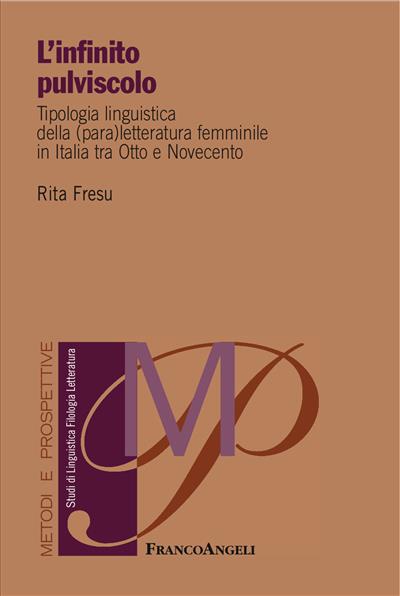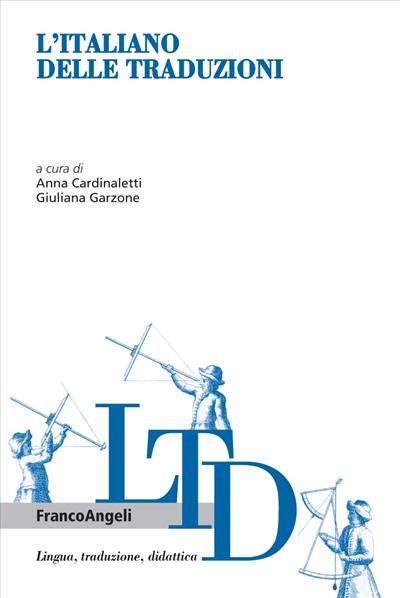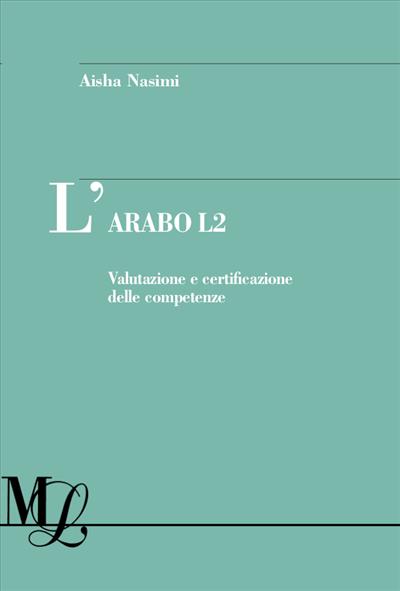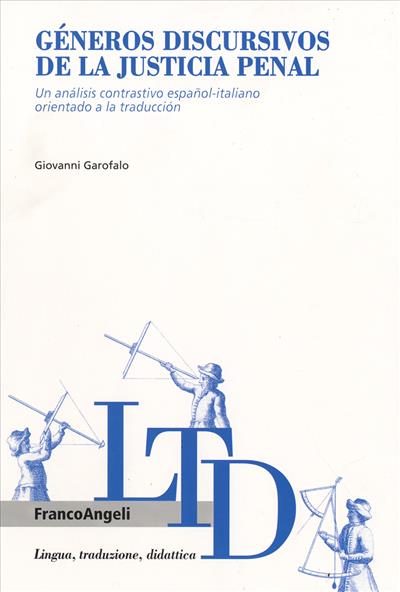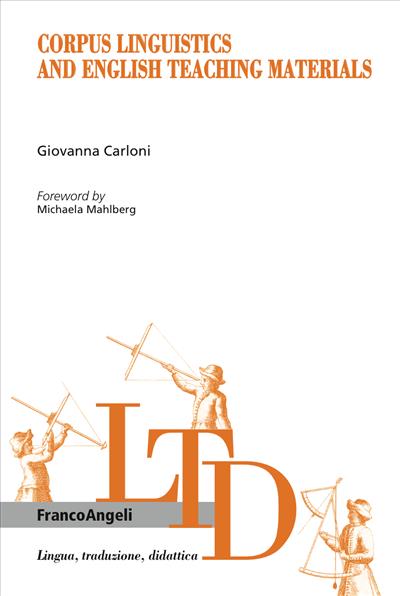
Corpus Linguistics and English Teaching Materials
Corpus linguistics, with its new methodological approaches to language study, has developed extensively over the last few decades affecting a wide range of disciplinary fields. This volume focuses on key notions and methods in corpus linguistics investigation, which are presented within an applied corpus linguistics framework.
Pagine: 226
ISBN: 9788891728166
Edizione: 1a edizione 2016
Codice editore: 1058.44
Disponibilità: Discreta
